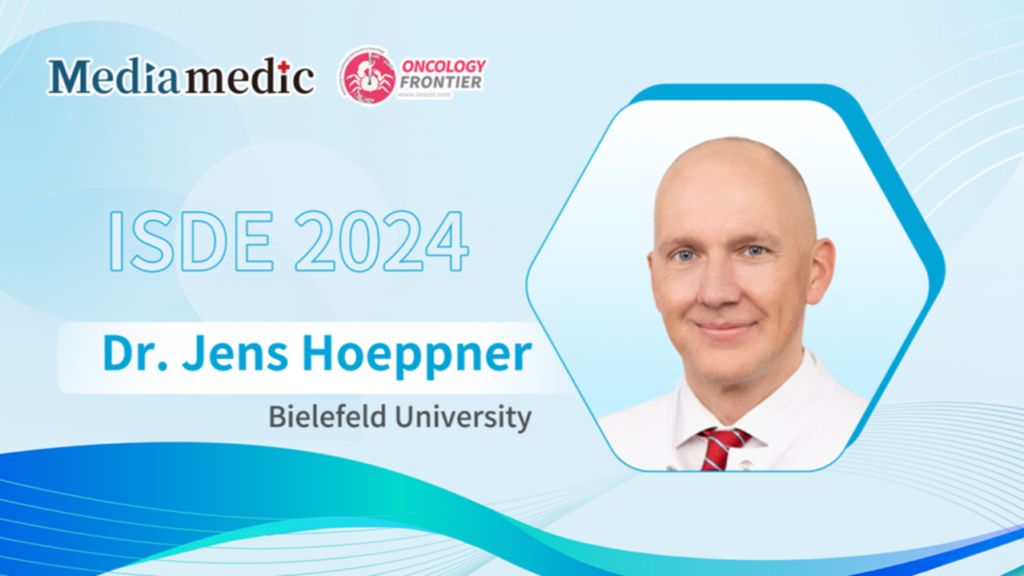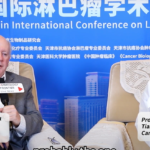
In a special interview at the 20th International Society for Diseases of the Esophagus (ISDE) conference, Dr. Jens Hoeppner from Bielefeld University in Germany shared his insights on the FLOT regimen's clinical benefits over the CROSS regimen in the treatment of locally advanced resectable esophageal adenocarcinoma. He also discussed the potential integration of immunotherapy and the 'watch and wait' strategy in future treatments.Oncology Frontier:The trial results show that the FLOT regimen outperforms the CROSS regimen. Do you believe this should become the standard treatment for locally advanced resectable esophageal adenocarcinoma in the future? Are there specific patient subgroups or cancer types where this regimen is particularly effective?
Dr. Jens Hoeppner: The findings from the ESOPEC trial are unequivocal, leading me to advocate for the use of FLOT in nearly all patients within the indicated group for the multimodal treatment of locally advanced resectable esophageal adenocarcinoma. I do not see any specific subgroup within this indication that would warrant exclusion from this recommendation.
Oncology Frontier:You mentioned the potential for combining immunotherapy, such as post-operative immune checkpoint inhibitors, in future trials. How do you view the role of immunotherapy within the FLOT or CROSS regimen, especially for patients who do not achieve complete remission?
Dr. Jens Hoeppner: Immunotherapy represents a promising new avenue in the multimodal treatment of esophageal adenocarcinoma. We have initiated several trials investigating this area. The ESOPEC trial, along with other studies, has demonstrated that FLOT is highly effective, particularly in reducing systemic tumor recurrence and exerting local effects on the tumor. While it may be challenging to surpass the efficacy of FLOT, I am confident that, in the near future, neoadjuvant immunotherapy will become a valuable addition to FLOT for treating resectable esophageal adenocarcinoma prior to surgery.
Oncology Frontier:There is ongoing research on organ preservation following clinical complete response. Do you believe that in the future, this “watch and wait” approach could play a role in esophageal cancer treatment, particularly in the application of the CROSS regimen?
Dr. Jens Hoeppner: I am convinced that the concepts of “watch and wait” and active surveillance will be integral for patients achieving complete response after preoperative treatment, not only for adenocarcinoma but also specifically for squamous cell carcinoma. I am quite certain of this. However, I am unsure if the CROSS regimen has specific implications in this context. As we observed in the ESOPEC trial, for adenocarcinoma, we achieved at least equal, if not superior, remission rates after preoperative treatment with FLOT. Thus, I do not see CROSS as a particular pre-treatment method that achieves a higher number of complete responses. Nevertheless, this entire topic will be crucial in shaping future treatment algorithms for esophageal cancer.


